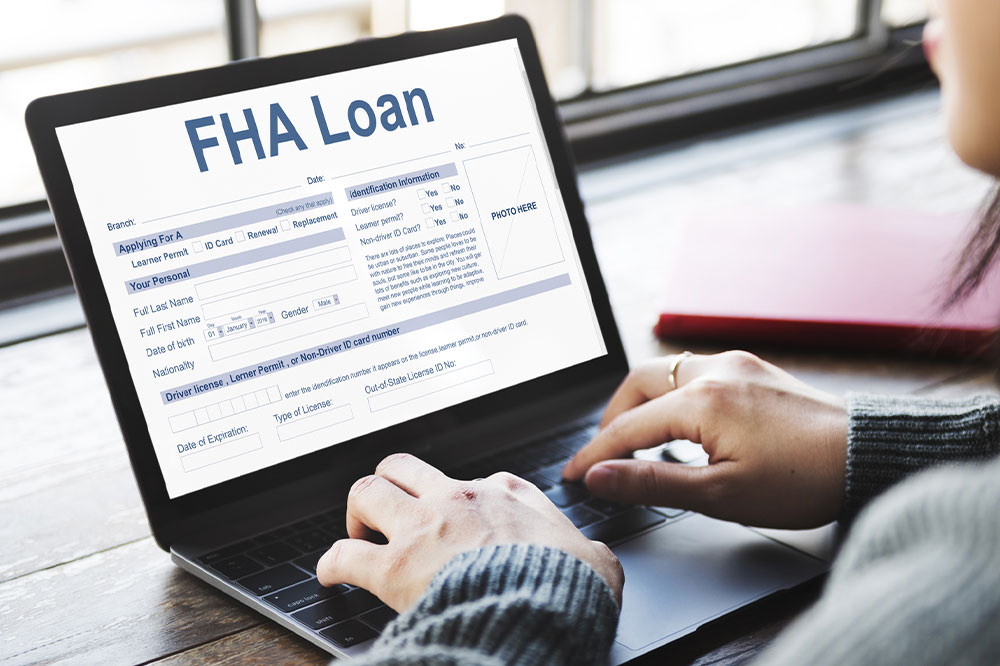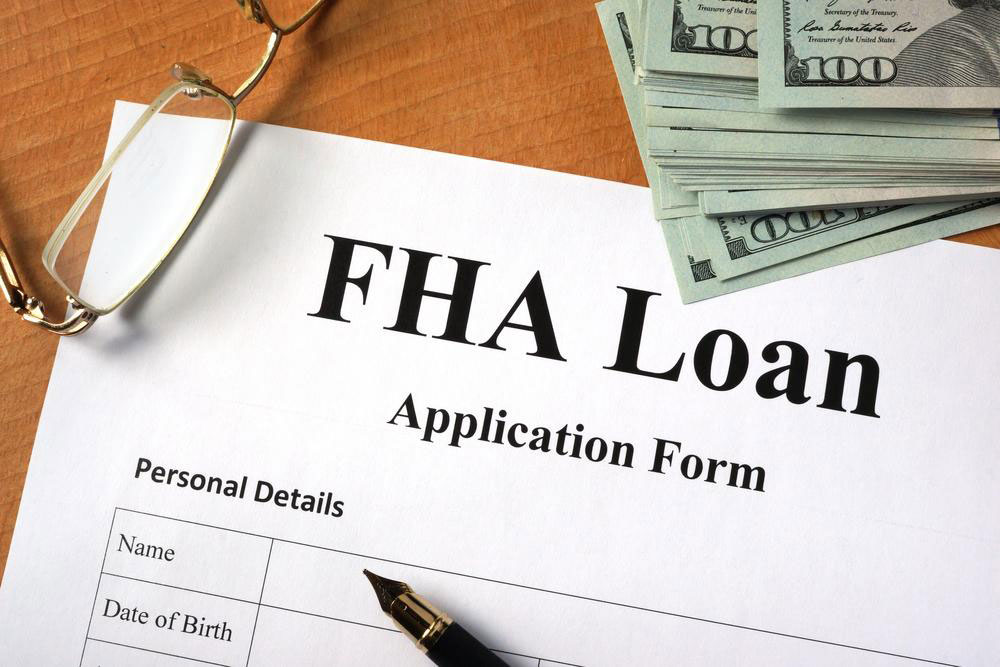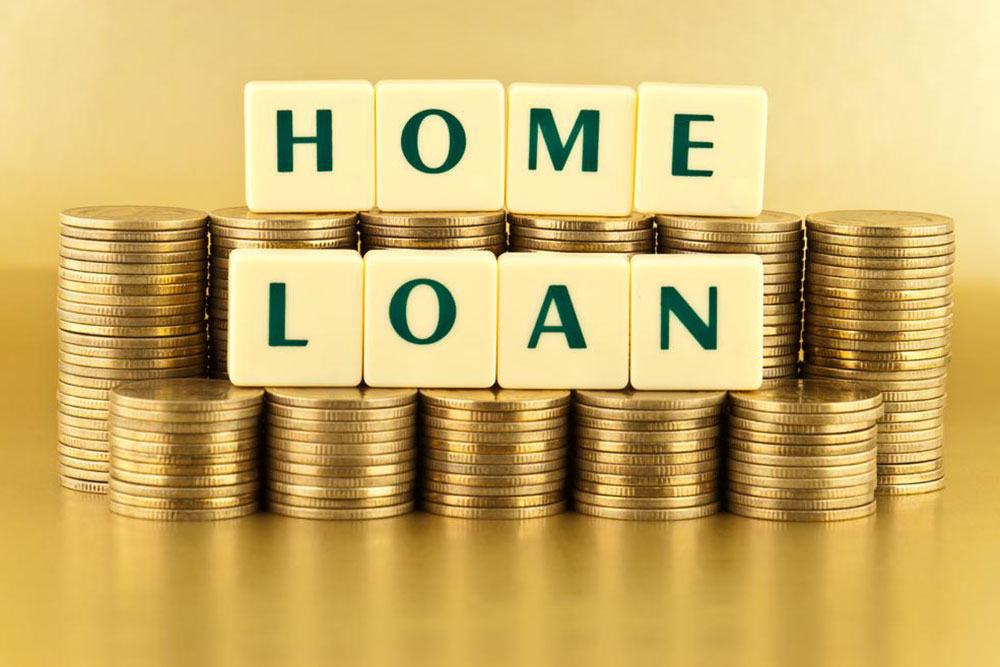Guide to FHA Home Loans: Everything You Should Know
Explore this comprehensive guide to FHA loans, detailing eligibility criteria, benefits, and drawbacks. Learn how these government-backed mortgages facilitate homeownership with low down payments and flexible requirements, especially for first-time buyers and those with credit challenges. Discover what it takes to qualify, the associated costs, and how to find the best rate options online for your home purchase. A must-read for prospective homeowners seeking affordable financing solutions backed by the U.S. government.
Sponsored

FHA loans, backed by the Federal Housing Administration, are specialized mortgage options that offer lower down payments and flexible qualifying criteria. Ideal for first-time buyers, these loans require as little as 3.5% down for those with credit scores of 580 or higher. Borrowers with lower credit scores may also qualify but face higher interest rates. Established during the 1930s to reduce foreclosures, FHA loans protect lenders and promote homeownership. They feature lower interest rates, insurance premiums, and relaxed credit requirements, making homeownership more accessible.
Qualifying for an FHA loan involves meeting specific conditions. Applicants pay an upfront mortgage insurance premium of 1.75%, regardless of credit score, and monthly premiums based on the loan-to-value ratio and loan duration. The eligibility criteria include stable employment history, lawful U.S. residency, a minimum down payment of 3.5%, and a property appraisal by an FHA-approved appraiser. Borrowers' total debt-to-income ratio should generally be below 43%, though higher ratios can be approved with justification. A minimum credit score of 580 is required for the lowest interest rate, with higher scores improving loan terms. Past bankruptcies within the last two years may affect approval, though exceptions exist.
FHA loans are primarily available for primary residences and require the property to meet certain standards. If the property needs repairs, the borrower may have to handle renovation costs unless the seller agrees to make improvements.
Advantages of FHA loans include low down payments, helping first-time and young buyers enter the housing market. Even borrowers with prior bankruptcy or foreclosure can qualify. However, they come with some drawbacks. Borrowers must pay mortgage insurance premiums, which cannot be canceled until sufficient equity is built. Interest rates may be higher for those with lower credit scores, and the loan process involves more paperwork compared to conventional loans. Overall, FHA loans serve as an accessible pathway to homeownership, particularly for those with limited credit or savings.
To explore current FHA loan rates and eligibility, prospective borrowers can visit various lender websites. Many platforms allow users to compare quotes, filter loan terms, and submit applications directly, simplifying the process of finding suitable financing options.






